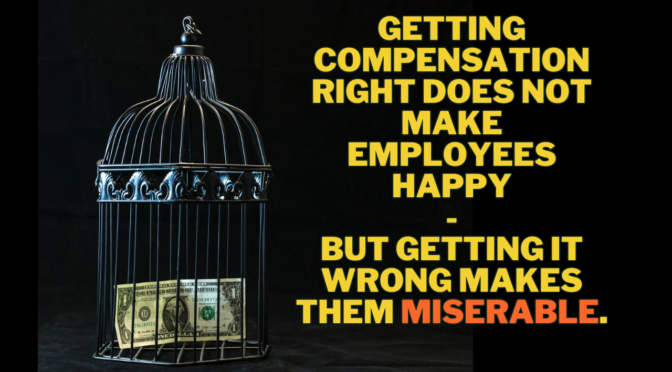I discovered Douglas Coupland what seems like many years ago (but was in fact in 1997) when I read Generation X, and he remains one of my favourite authors. His style has since been steadily moving away from the hyper-realistic stories of Shampoo planet and Generation X to a more surrealist, subjective and poetic style which is also evident in his latest book Hey Nostradamus.
What it’s about? Good question. There’s a shooting at a high school, much like the one at Columbine, and this has consequences for many people, whose intersecting stories are told in the books four separate passages. The mood of the book is detached, somber and haunting but still moving and while the book offers very few answers it certainly poses many good questions. It is an elegant piece of fiction which I recommend highly.





